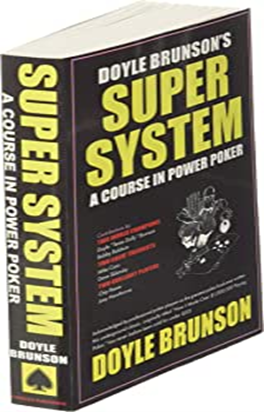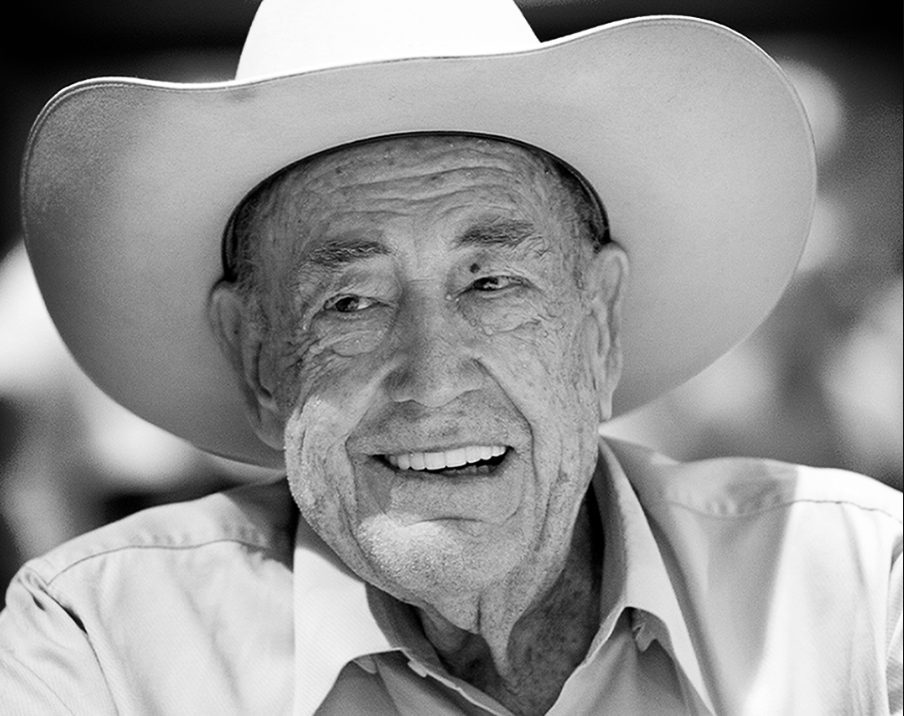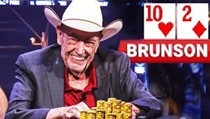May 15, 2023
Trading is a lot like poker
Here are some ways that trading is a lot like poker:
- You are playing a never-ending sequence of hands with incomplete information against financially-motivated, skilled opponents. Trading and poker are both textbook examples of decision-making under uncertainty.
- Tight/aggressive is the best approach. You play when you think you have a meaningful edge (strong hand), and you fold when you don’t. Bad trading is like bad poker in that you are impatient, you play too many hands, and/or you play for fun. Good trading is like good poker—you grind and preserve your capital when conditions are not favorable and you have the courage to bet big when you have a good hand, the pot is large, and you have a big stack.
- Mental endurance and courage are required.
- Risk appetite and rigorous risk management are both required. Most people have one but not both.
- Stack size can influence results. If your stack is too small, routine variance can bankrupt you, even if you have an edge. Retail traders with tiny accounts and undercapitalized poker players face extreme path dependence, need good luck at the outset, and face high risk of ruin.
- Good players have an edge, and the game involves skill, but there is so much variance that in the short run it’s often difficult to distinguish luck from skill on short time horizons. The way traders and poker players deal with the psychology of drawdown and variance is a major determinant of their long-term success.
- Experience is important. The longer you play, the more deeply you internalize variance and the inevitability of good decision/bad outcome.
- Probability, expected value and Bayesian thinking are critical concepts in both.
- Overtrading is like limping into every hand, regardless of position. In poker those who limp into many pots, out of position, with marginal hands are like traders who trade every chart pattern and support and resistance and up and down jiggle and random news headline instead of waiting for multiple planets to move into line before putting on meaningful risk.
- Calibrated confidence, intelligence, self-awareness, decisiveness, and rationality are key characteristics of successful traders and poker players.
- It’s easy to know the rules and basic strategy in trading and in poker, but it’s hard to stay disciplined, stop out of bad hands/trades, and avoid emotional system 1 moves like shoving for no reason, chasing losses, and betting cuz you’re bored.
- Small losses and big gains lead to upward-sloping equity.
- Skillful pattern recognition is a key to success in trading and poker.
- Adaptation and understanding of the metagame are required to succeed in the medium-term as markets and the game of poker evolve over time.
- Transaction costs (rake and bid/offer) are an underappreciated leakage over time.
On the other hand:
- In poker, the probabilities can be observed and measured. In trading they can at best be estimated.
- Each poker hand has a defined beginning and end. Time is an extra variable in trading that adds tremendous complexity. Good traders know their time horizon and can define or narrow down the start and endpoint of trades ex-ante.
- There is no leverage or structuring in poker. Every hand is a linear, one-off, independent event. In trading, you can be in four positions at once and those positions could be correlated. This makes risk management in trading much more difficult. This difference can be reduced by trading fewer line items. Concentrated risk in trading has many advantages.
Given the significant overlap between trading and poker, it is perhaps unsurprising that hedge fund managers who do well in poker tournaments have significantly better returns than those who do not. This study from Lu, Mortal, and Ray studies the link. Here is the abstract of “Hedge Fund Hold’em”
We find that hedge fund managers who do well in poker tournaments have significantly better fund performance. This effect is stronger for tournaments with more entrants, larger buy-ins, larger cash prizes and for managers who win multiple tournaments, suggesting poker skills are correlated with fund management skills. Investors appear cognizant of this as after a manager wins a poker tournament, net flows to the manager’s fund increase significantly.
One way to get better at trading is to study poker.
This week
There is an absurd number of Fed speakers this week and we can expect a bunch of debt-ceiling headlines, plus:
Tonight
- RBA meeting minutes
- China Retail sales and unemployment
Tuesday
- UK jobs
- ZEW
- Canada inflation
- US Retail Sales
Wednesday
Thursday
- US Initial Claims
- Philly Fed
- Japan inflation
Friday
- Canada Retail Sales
- Powell and Bernanke Speak on a panel
- G7 meeting on the weekend, maybe some headlines Friday
Most important levels:
US 10-year 3.28%/3.64% Well-defined range
Gold 2055/2080 Triple top and all-time high
SPX 4050/4200 Range bottom / triple top
AUDUSD 0.6570/0.6800 Defined range March to now
Final thoughts
1. AI gets real. A November 1998 cover story from Forbes via Peter B.
2. The best-performing active investment managers exhibit more luck than skill.
https://www.spglobal.com/spdji/en/spiva/article/us-persistence-scorecard/
3. Have a runner runner week.
good luck ⇅ be nimble

My brother bought me this book when I was 17 years old.
It was the first poker book I ever read, and it still holds a ton of value.





